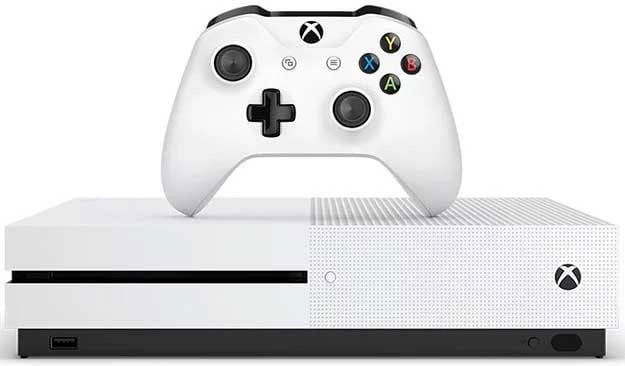Microsoft Says xCloud Game Streaming Won't Replace Powerful Consoles Like Project Scarlett
However, with high-flying game streaming services like Project xCloud and Google Stadia on the horizon, some are questioning the need for expensive, dedicated hardware to play their AAA games. After all, Stadia can seamlessly stream games to your home in 4K HDR at 60fps with 5.1 surround sound. And both xCloud and Stadia support on-the-go gaming on your tablet or smartphone.

In an interview with Windows Central, Mike Ybarra, Microsoft gaming corporate VP, explained that there will always be a place for dedicated consoles like the Xbox One X and future endeavors like Project Scarlett in its product pipeline.
"I believe there will always be a need for local hardware," said Ybarra. "We need to give gamers the choice to play local, to play via the cloud, to mix it. I'm going to do everything. It's about giving them the freedom, and the choice to game the way they want.

"We're trying to appeal to two billion gamers across the world. And everybody plays different kinds of games, some people prefer console, some people prefer PC, there will be customers that will not want to have either device and xCloud streaming is a great solution for them."
Ybarra definitely has a point there. Even though game streaming services like Stadia will (and likely xCloud) will offer 4K 120fps in the future and scale to 8K, you'll need a fat internet pipe to ensure a stable gaming experience. Even at 4K60, Stadia requires a 35Mbps connection to feed the beast. And that's not even taking into account that many major ISPs around the U.S. have put in place artificial data caps that penalize customers for consuming too much data. It's an annoyance to the streaming community, but extra profit in the pockets of big cable.
Microsoft knows that not all Americans -- or all gamers around the globe for that matter -- have a super-fast internet connection to support such streaming options. So they're wisely committed to providing dedicated hardware to appease as many gamers as possible -- for as long as possible.


